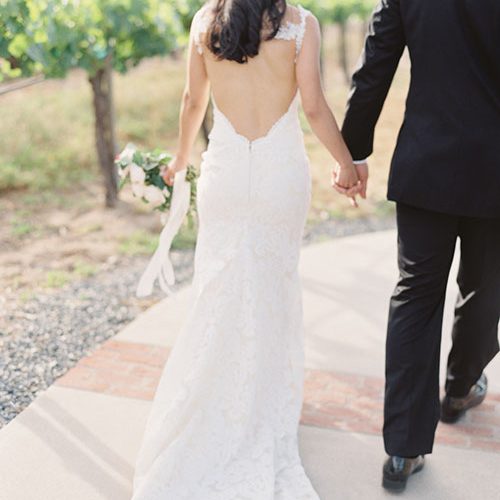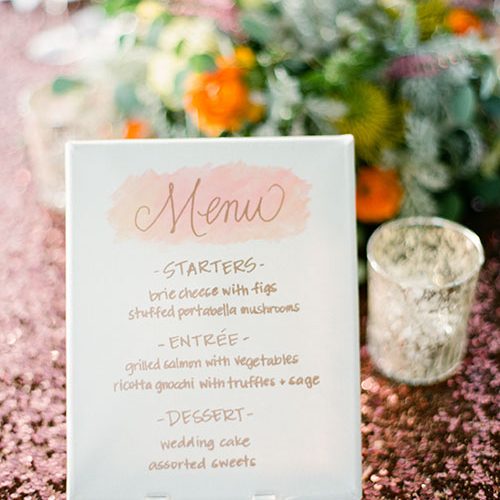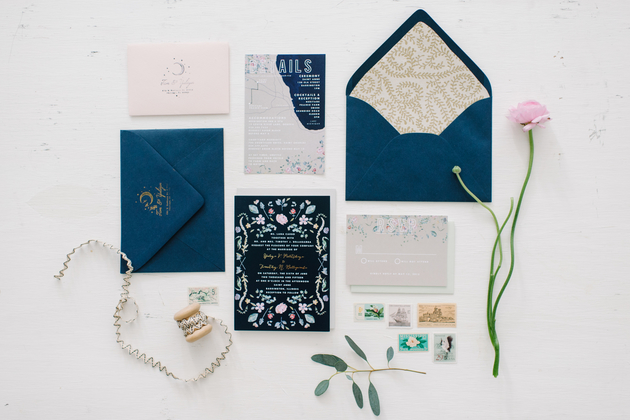
Photo: Getty Images
Once you decide to join your lives, you might be tempted to also join your bank accounts. And if you’re footing the bill for your big day yourselves, a joint bank account can be especially appealing. But is joining your bank accounts before you tie the knot taking the whole becoming one concept a tad too literally?
“Every relationship is truly unique, so there isn’t a one-size-fits-all solution for an issue like this,” says Elle Kaplan, finance expert and owner of LexION Capital. “Some [couples] will have only a small joint account, while others will have a combination of accounts. But what every great [couple] has in common is financial transparency and honesty.”
How do you know what will work for you as a couple? Before you rush to the bank to combine your finances, consider the pluses and minuses. A big plus, Kaplan says, is that joining your accounts can help foster even more trust and teamwork for your twosome. As you work toward your big wedding day goals, you’ll have complete transparency if you’re working from a single account. And, if you plan to share bank accounts once you tie the knot, you could consider time this practice for marriage.
See More: 6 Things You Should Never Hide From Your Partner
But on the big minus side, if you can’t trust your partner, allowing him or her access to your money, could be very bad for your bank account and your relationship. “Couples need to be completely open and honest before considering joining accounts,” warns Kaplan. “Financial infidelity, such as secret spending, can ruin a [relationship] and become dangerous if the cheater has access to all the money.”
If you want to test the waters, consider opening a joint account only for your wedding-related expenses — one you only add money meant to be spent on the wedding, while keeping your own separate checking accounts filled with finances for bills, living expenses, and discretionary spending. This model can work, albeit in an edited way, once you tie the knot, too.
“Couples often find it helpful to have separate accounts for day-to-day discretionary spending,” says Kaplan. “There’s always going to be small spending that couples won’t do together, like buying new flats or going to a sports game, and they can help avoid money spats by keeping these spending accounts separated.”
Finally, Kaplan adds, “joint accounts or not, there still absolutely needs to be accountability when it comes to a couple’s finances,” and that’s true even before you tie the knot. Beyond whether you’ll open a joint bank account, be sure to discuss your financial goals, debts, and how you’d like to spend and save your money once you’re married. “Being financially open like this can bring a whole new level of intimacy to your marriage,” says Kaplan.

































